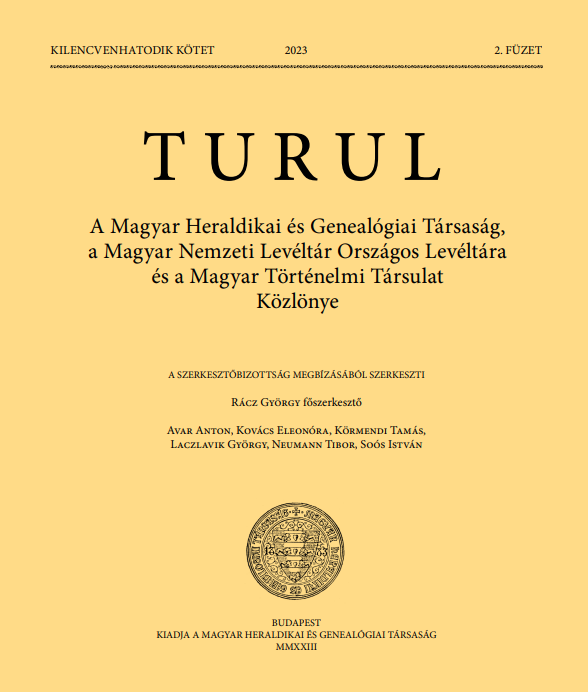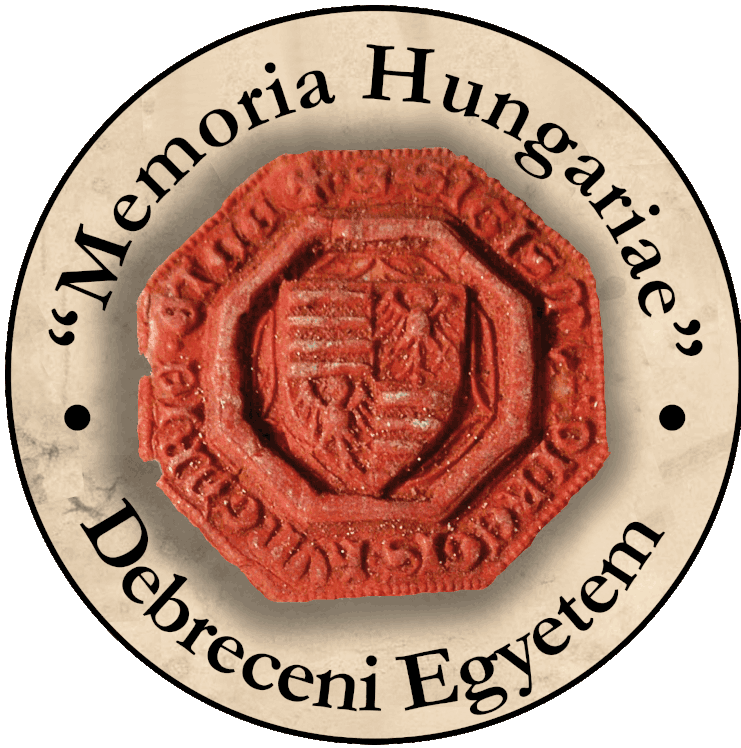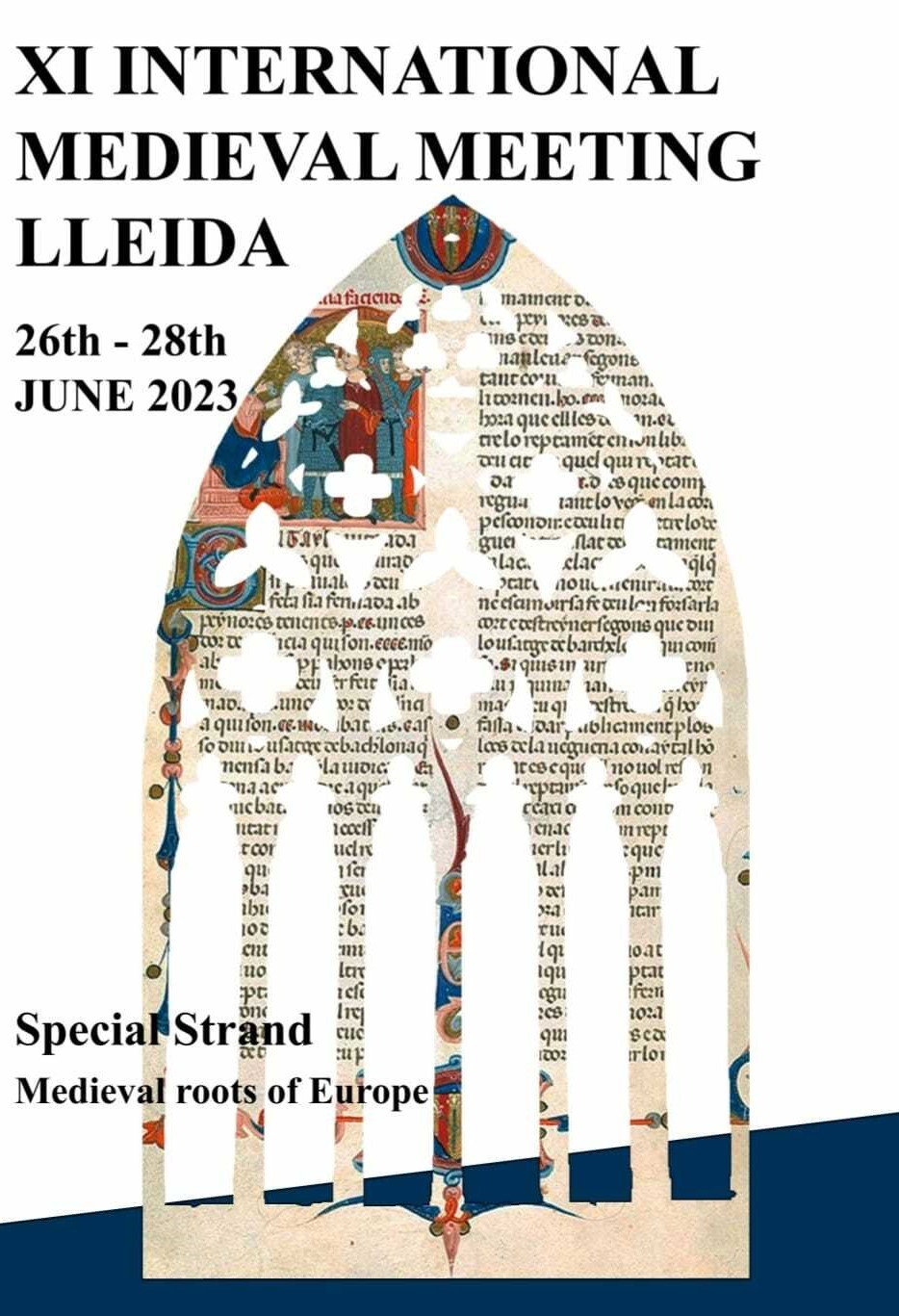King Andrew II of Hungary (1205–35)’s venture in 1217–1218, the first phase of the Fifth Crusade brought forward a change in the history of the crusading campaigns. The loss of Jerusalem in 1187 meant an abrupt change in itself, but the subsequent efforts afterwards in the early 1190s were made in the traditional sense and “style” of the negotium Crucis, for the recapture of the Holy Sepulchre. After almost 30 years, Andrew was the sole monarch to fight in the Holy Land, but himself and the leaders of the Fifth Crusade soon needed to realize that political reality was completely different. A new understanding was that the Ayubbids were not to be overwhelmed at all in their own land. The time of this kind of crusade was over now. A new theatre of war was to be opened in order to get supplies in Egypt. The schemes to take Damietta were for a long time on the table. Andrew’s campaign was to feel out the possibilities in Palestine. The enterprise has scarcely been seen – not even in Hungarian historiography – without a detailed analysis of the international situation. It had preparatory goals. It has to be investigated in the perspective of the Levant, the Franks in the Aegean and the Latin Empire of Constantinople. The crusading enterprise has rarely been explored in the context of the preparatory phase, from the early 1210s. A major focus has to be given to Andrew’s negotiations – rather than the very acts of war in the Holy Land – with the main actors of the negotium Chrtisti, the Papacy and Latin church of Jerusalem, as well as the very partners at war, the Kingdom of Cyprus, Antioch, the ruler of Jerusalem and the military orders. Andrew’s coordination with Pope Honorius III is possible now to investigate through newly published sources (e.g., Bullarium Cyprium). The details of the campaign itself will be explored through formerly less known narratuive material, e.g., History of the patriarchs of the Egyptian Church; or, Abû’l-Faraj/Bar Hebraeus. In a way, Andrew’s crusade did not reach military results, but with a king in the Holy Land, a ruler with the sign of the Cross as a policy-maker, it did have a role. The crusade was a means to coordinate the efforts of Christendom.





